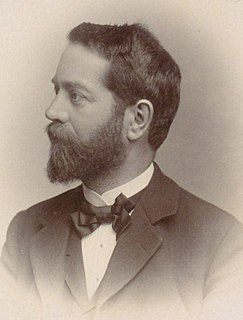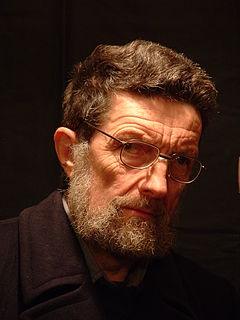A Quote by Albert Einstein
I never failed in mathematics. Before I was fifteen I had mastered differential and integral calculus.
Quote Topics
Related Quotes
The chief difficulty of modern theoretical physics resides not in the fact that it expresses itself almost exclusively in mathematical symbols, but in the psychological difficulty of supposing that complete nonsense can be seriously promulgated and transmitted by persons who have sufficient intelligence of some kind to perform operations in differential and integral calculus.
[Mathematics] is security. Certainty. Truth. Beauty. Insight. Structure. Architecture. I see mathematics, the part of human knowledge that I call mathematics, as one thing - one great, glorious thing. Whether it is differential topology, or functional analysis, or homological algebra, it is all one thing. ... They are intimately interconnected, they are all facets of the same thing. That interconnection, that architecture, is secure truth and is beauty. That's what mathematics is to me.
Arithmetic starts with the integers and proceeds by successively enlarging the number system by rational and negative numbers, irrational numbers, etc... But the next quite logical step after the reals, namely the introduction of infinitesimals, has simply been omitted. I think, in coming centuries it will be considered a great oddity in the history of mathematics that the first exact theory of infinitesimals was developed 300 years after the invention of the differential calculus.





































